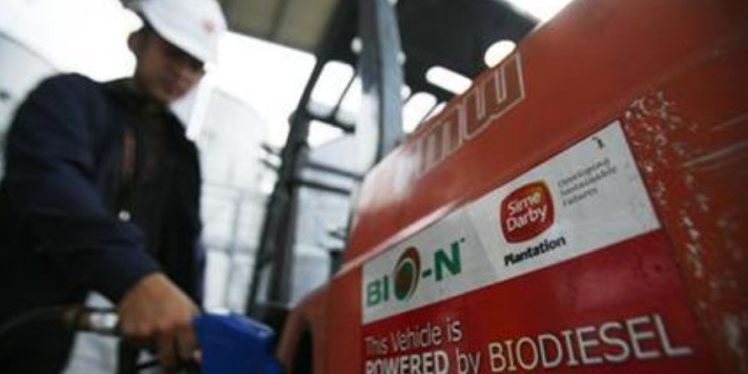KUALA LUMPUR (June 25): Indonesia is seeing greater exports of palm oil-derived oleochemical products such as soap glycerine noodles as a result of Covid-19, and expects the B30 biodiesel mandate to help sustain the industry.
Edy Sutopo, the director for forest and agriculture in Indonesia’s Industry Ministry, said exports of basic hygiene product components such as fatty acids and other chemical ingredients are also increasing.
However, as a result of slowing consumer demand brought about by Covid-19, the demand for frying oil and food solids is lower.
“For the domestic market, [especially] for soap and daily food products, [demand] is increasing,” he said in a webinar entitled “Steering The Indonesian Palm Oil Industry Out Of The Pandemic”.
Edy stressed, however, that the most important factor with regards to Indonesia’s palm oil market is its government’s commitment to its B30 biodiesel programme.
“We are creating demand for biodiesel to maintain global CPO [crude palm oil] prices. We can maintain CPO prices so that it does not fall significantly while hoping that buying prices at the farmer level are not low,” he said.
In 2019, the republic produced 8.4 million kilolitres of biodiesel. The domestic consumption of biodiesel stood at 6.39 million kilolitres, and the balance 1.32 million kilolitres were exported.
According to Edy, the B20 biodiesel production last year stood at 6.7 million kilolitres or 39.7 million barrels, employing 435,000 plantation workers.
Consequently, the country’s diesel imports fell by 6.64 million kilolitres worth US$3.41 billion last year.
In terms of the development of palm oil-based biodiesel in the country, especially moving upwards to B40 biodiesel, Edy said the Indonesian government is looking into whether its targets for such a move can be achieved.
The B30 biodiesel mandate was implemented in January 2020. Indonesia’s CPO output has risen from 17 million tonnes in 2008 to 48 million tonnes last year .
Source: The Edge Market










